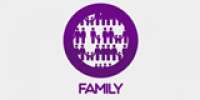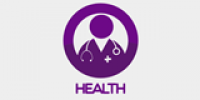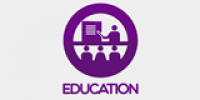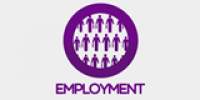Event: United Against Hate Crimes
90 minutes to change the way we currently think about hate crime.
This morning, ILGA-Europe, ENAR, CEJI and Amnesty International invite EU policymakers to a breakfast event that challenges them to think critically about their country’s approach to hate crime.

Hate crime can take many forms: racist abuse, xenophobic statements or attacks motivated by a person’s sexuality or gender identity. That is why policy responses have to be thoughtful and multifaceted.
Our event is happening at an important time. 16 November wasn’t just any other Monday. It marked the deadline for transposition of a very important piece of EU legislation – the Directive on Victims’ Rights. Now the real work begins to ensuring that the Directive delivers real results for the victims of crime in Europe.
But what if people could mentally and physically hurt you without any criminal sanction? This is a daily reality for many LGBTI people in the European Union – 12 member states don’t have any legislation that criminalises homophobic or transphobic crimes.
So, how are ILGA-Europe working towards the twin goals of securing good legislation and ensuring effective implementation?
Yesterday in Brussels, we brought together representatives from EU member states, civil society activists and political figures from national governments for an expert workshop. The workshop asked how EU member states can encourage people to report hate crimes. We used all the expertise gathered in the room to investigate why successful actions against hate crime worked, to talk about creating political will to drive these initiatives forward and think about who needs to be involved, from police and judges to journalists and teachers.
Participants agreed on concrete steps to undertake together on the national level, joining forces between civil society and public authorities. These steps varied from developing joint policy strategies to improving the internal organisation of police forces, among many other steps.
Jointly, all NGO and government representatives also agreed on a number of recommendations to tackle the underreporting of hate crimes in the whole of Europe. These included recommendations to generalise joint trainings for law enforcement officers, to support civil society initiatives on victim support and on third-party reporting, to assign LGBTI liaison officers, and to enact inclusive hate crime legislation on the national and EU level.
This morning’s breakfast event stresses that a bold, cross-sectional approach is needed to tackle hate crime. All the civil society groups are ready to help policymakers fill the legislative gaps that remain.
You can follow the conversation at #UnitedAgainstHate


 Print HTML
Print HTML











